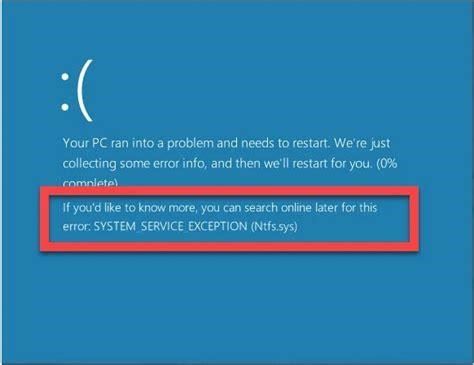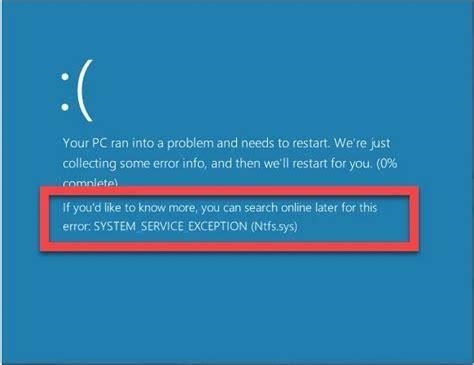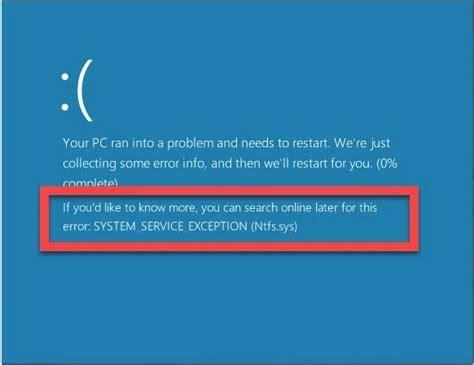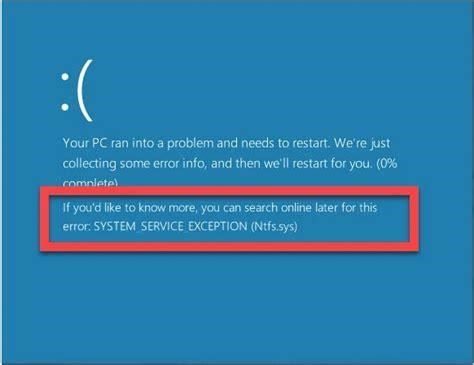12 Killer Ways to Fix “Can’t Open .exe Files in Windows 10”
As technology enthusiasts, we’ve all encountered the dreaded "Can’t open .exe files" error on Windows 10 at some point. This frustrating issue prevents you from running essential programs and utilities.
While some quick fixes like restarting your PC may provide temporary relief, the problem often returns. So what gives?
As it turns out, there are multiple underlying reasons why executable files fail to open. The good news is, with the right troubleshooting techniques, you can get to the bottom of this and restore smooth .exe launching.
In this post, we’ll walk through the top 12 solutions to permanently fix "Can’t open .exe files in Windows 10." Follow along to regain access to your vital .exe files.
#1 Restart Your Computer
This may seem obvious, but a simple restart clears temporary glitches and often resolves "Can’t open .exe" errors. Shut down your PC, wait a few seconds, and power it back on. Then try opening exe files again.
#2 Check Your File Association Settings
Mistakes with Windows file associations frequently block exe launching. To check your associations:
- Go to Settings > Apps > Default Apps.
- Click "Set defaults by App" under "Associate a file type or protocol with a specific app."
- Find ".exe" in the list and ensure it’s associated with the correct program.
If not, choose the right app from the dropdown menu.
#3 Use the Registry Editor to Fix Corrupted Keys
The Windows registry stores exe file associations. Corruption here prevents launching. To fix this:
- Type "regedit" into the Start menu and select the Registry Editor app.
- Navigate to HKEY_CLASSES_ROOT.exe and check for issues.
- Delete damaged keys and run a registry scan for malware.
This should reset exe associations.
#4 Check for Malware Disrupting .exe Files
Viruses and malware often block exe operation. Run a full system scan using Windows Security or download the free Microsoft Safety Scanner. Remove any threats detected.
#5 Modify Registry Parameters for .exe Files
Another registry tweak can get exe’s working again. Open regedit and go to HKEY_CLASSES_ROOT\exefile\shell\open\command. Double click "Default" and set the value data to:
"%1" %*
Save changes and restart.
#6 Switch to Another Windows User Account
User account settings may prevent .exe launching. Log out and sign into a different Windows user profile. See if you can open exe’s there. If so, the issue is isolated to your main account’s configuration.
#7 Alter Relevant Registry Value Data
Further registry edits can help. In regedit, navigate to HKEY_CURRENT_USER\Software\Microsoft\Windows\CurrentVersion\Policies\Associations. Change the "LowRiskFileTypes" value data from ".exe" to "". This resets exe associations.
#8 Modify Sound Scheme & User Account Control
Oddly enough, your default sound scheme can cause ".exe won’t open" errors. To rule this out:
- Go to Control Panel > Sound > Sound Scheme.
- Change to any other scheme besides "No Sounds."
- Also turn off User Account Control in the Control Panel.
Then attempt to launch exe’s again.
#9 Turn Off Windows Firewall Temporarily
Windows Firewall incorrectly blocking executables can prevent them from opening. To test this, completely disable your firewall through Settings. Try exe’s with the firewall off. If they open, add exceptions for your exe files.
#10 Repair File Associations from Command Prompt
You can also rebuild .exe associations using Command Prompt. Open it as admin and run:
DISM.exe /Online /Cleanup-image /Restorehealth
Then restart your computer.
#11 Force Open the .exe File
As a last resort, you can manually launch an exe in Windows 10. Browse to the blocked .exe file, right-click it, select Properties, and click "Change" under Open With. Pick any app and ensure "Always use this app" is checked. Hit OK.
Now try running the exe again.
#12 Do a Clean Install of Windows 10
If all else fails, doing a clean reinstall of Windows 10 will wipe all settings and associations causing ".exe won’t open" errors. Back up your data and choose "Remove Everything" during installation. Soon you’ll have a fresh OS with default exe configurations.
Don’t Settle for Unopenable .exe Files
Life’s too short to waste time struggling with ".exe not opening" issues. Follow the solutions above, starting with simpler steps first, to get your essential executables launching again.
We recommend periodically scanning for malware and monitoring your registry for corruption to prevent future problems. Share any other tips that have worked for you in the comments below!




